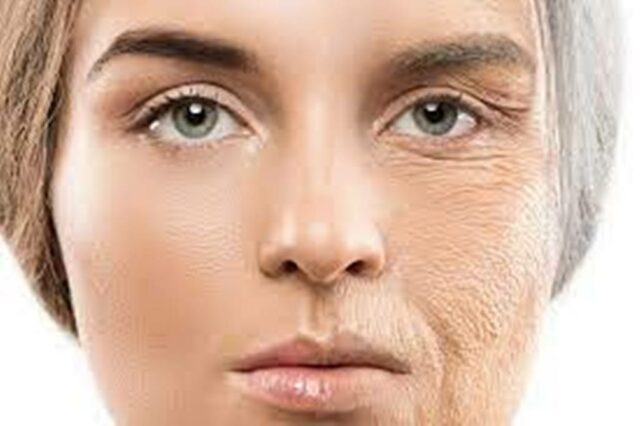With menopause, there is a hormonal imbalance between androgens and estrogens by lowering the latter due to the decrease in the functionality of the ovaries when entering the climacteric or menopause. This produces a reduction in body hair, and instead, facial hair increases, especially in the lip and in the chin area in women.
Also in hair changes can be evidenced during menopause, such as coloring, in the diameter of hair thickness. Its density decreases, also hair fiber changes losing shine and becoming rougher.
In menopause, hair loss can be for different reasons:
EffluvioTelogen
It is frequent at the time of menopause that those hairs that are in the growth phase stop and pass to the fall phase, this being abundantly. There is generally a nutritional, endocrine or responsible diseases that can be treated with the following recommendations:
• Proper nutrition
• Vitamin supplements
• Platelet rich plasma
Androgenic alopecia female pattern
It is a bit more problematic because the difficulty of recovering fallen hair. Having an increase in testosterone, there is a reduction in the hair cycle and it becomes thinner and finer until it disappears completely. In case of suspecting this condition it is important to go to the doctor and receive the treatment that includes:
• Minoxidil
• ALPHA REDUCASA inhibitors
• Platelet rich plasma

Recommendations
• Use shampoo without salts.
• Be careful with chemicals that are frequently placed.
• Be careful with excessive heat of plates and dryers.
• Use conditioners that protect hair fiber.
• Have healthier lifestyle habits.
If you notice that hair loss is worrying enough, then I recommend you go to a hair specialist as we are the dermatologists.

For those who have experienced shifts in consciousness and know that more peace, joy, and love awaits in a better living environment. A bold shared vision. A living community and hub for innovation. A sustainable ecosystem for living and working. A model for the new future.
